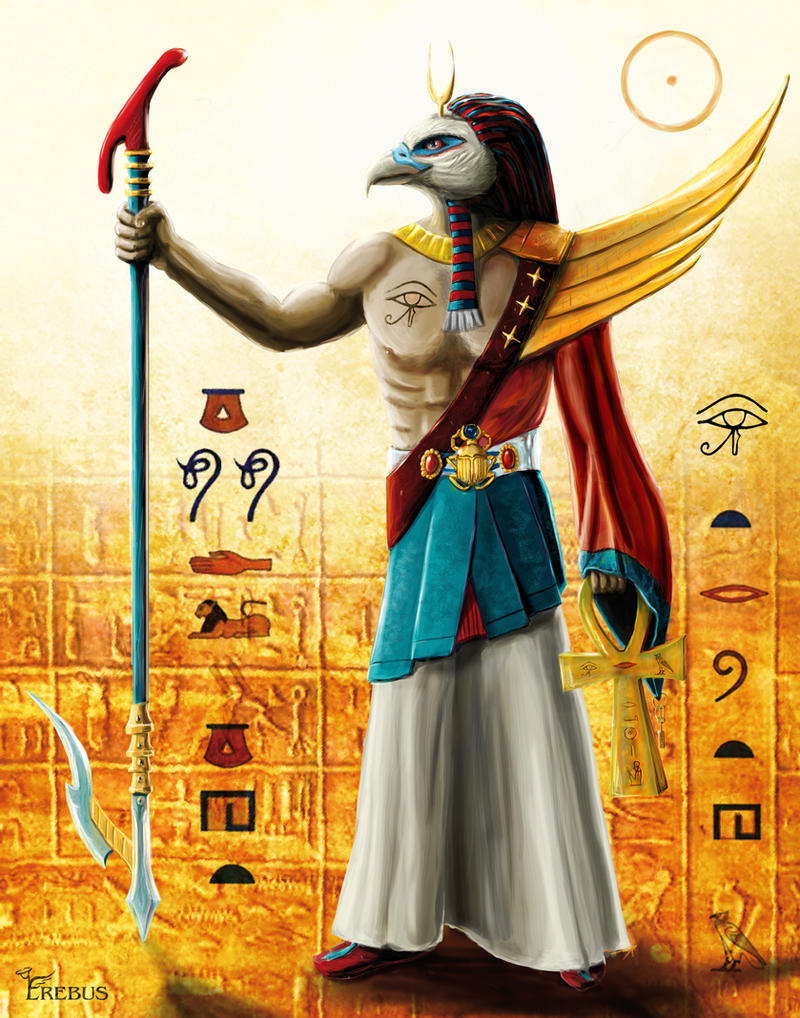There was once a small but productive town at the foot of a mountain. Its citizens were hardy mountain-dwelling folk and their export consisted mostly of lumber and high-mountain grain like amaranth and quinoa.
As with all towns, crime was an issue. Thankfully, crime in this little town was kept to a minimum by the respectable chief deputy, who rode tirelessly through the town on his horse, keeping everything in order. He had been the guardian of the town for years and loved his job. His eyes were hard, but his heart was kind.
One day, as he was trotting through the main plaza while merchants pitched their wares, he caught sight of a woman with matted hair in old, ragged clothes trying to sneak away a loaf of bread.
“Stop this instant!” he shouted.
She looked up at him with wild eyes and took off through the plaza, narrowly avoiding other merchants. The deputy urged his steed after her, jumping over whole carts and people.
He chased her for blocks and finally cornered the woman in an alleyway.
As his horse approached her, she threw up her hands in helplessness, pleading, “Please, I am hungry and my people have weathered a hard winter. I only steal because I am so poor I have no shoes for myself or my children, and we have not had anything substantial to eat in weeks. For once, turn a blind eye to my poor wretched soul. We have suffered enough.”
The deputy felt a twinge of remorse for the woman. Sighing, he stroked his coarse, black mustache and locked eyes with the woman.
“Take it. But only this once. I keep an orderly town and intend to keep it that way.”
With that, he backed his horse out of the alleyway and back out onto the street.
The Dimitor Mountains
Many years passed and the deputy did not see her again. His town was still in order and crime was at the lowest he had ever seen. After ensuring his other officers were stationed to where the plaza would be looked after, he decided to take time off by riding out into the mountains for the weekend.
He had ridden fifteen miles out of town with his horse and was nearing a part of the forest he was not familiar with. Dusk approached, so he let his horse graze as he set up camp for the night, gathering logs from fallen pine trees for fire.
Suddenly, he heard a startled whinny and hurried back over to his campsite. A huge grizzly bear, bigger than any he had ever seen was attacking his horse! He ran, yelling and waving his hands to scare it away but the bear turned its attention away from the horse to him. The officer drew out his hunting knife as the bear charged him, only to have the beast stop mere feet from him and collapse. He let out a long, shaky breath and noticed a spear shaft sticking out of the shaggy brown back.
Looking up, he saw a familiar face… fuller, healthier, with cleaner hair and better clothes than he last remembered.
“These parts of the woods are dangerous if you don’t know your way around,” she said grimly, walking over to yank the spear out.
“Help me skin this guy and quarter him up - I don’t live too far from here and your horse needs to be tended.”
Wordless, still shaken from his life-or-death experience, the officer nodded and skinned the beast. The moon was high as he followed the woman back to her camp.
They arrived to a makeshift village of shacks and tee-pee style tents. This woman didn’t live in a town, but a commune! Mildly horrified, the officer avoided eye contact with the members and followed the woman to her tent.
She laid down her quarter of meat on a clean hide and looked at him. “If you were anyone else, I would have turned a blind eye. We don’t like strangers in these parts. We’re a proud, free people that live by our own rules.”
Her eyes gleamed defiantly. The officer nervously stroked his mustache and sighed.
“While I don’t agree with your way of life, I am eternally grateful for you saving me. I don’t know the way back to my town, but I will not burden you for any longer than necessary.”
The woman’s hard eyes softened and she lightly touched his shoulder. “No one should be lost or without a home. We’ll mend your horse and give you shelter until you can head back.”
So the officer stayed in the commune for a month until his horse was better. By then he had learned the lawless ways of the nomads and had begrudgingly found himself liking them more and more. They had a comfortable structure all their own - even without government, they were a happy, thriving community.
The Buffalo Commune in New Mexico, 1967
A month turned into two. Then two months into six. He had fallen in love with the lawless woman and had nearly forgotten about his town, until one day he decided to head back.
“You musn’t,” she begged. “You’ll never come back!”
He assured her that he would return, and not to worry. As he headed back on his horse with a crude map, she wept.
After a hard journey, he came upon familiar streets. He climbed off his horse and fixed his deputy badge to his shirt proudly and strolled down the main street, looking around at boarded windows and empty yards.
Suddenly, a sharp pain gripped him and he looked down to discover an arrowhead protruding from his chest. Gasping, he fell to the ground, coughing back blood as it welled up in his throat.
He looked up and saw two rough men coming towards him, smirking.
“Ain’t no lawmen been here for a while. This town is ours now, deputy,” he heard as he took his dying breath.
Author's Note:
The word count gets me every. Single. Time. GAH! I wanted to add so much more detail and explanation to this story, but, as always, I would exceed the word count by doing so. At least I got most of what I wanted out of it.
This story is based on the Japanese fairy tale, "Urashima Taro and the Sea Turtle." In the original story, Urashima is fishing and spares the life of a baby sea turtle. When his life is in danger many years later, he is saved by the same sea turtle and is taken to an underwater palace where he falls in love with a beautiful princess.
Urashima stays at the palace for an unprecedented amount of time and begins to yearn to see his parents. The princess begs him not to go, saying he'll never return if he does, but he assures her he'll be back. Of course, when he goes to visit his parents he finds out he's actually been gone for three hundred years and everything he once knew is no more.
I tried keeping to the original theme of the story, but I think this one adopted a new moral all its own: that certain community structures might work for one group of people, whereas others need to be governed and have set laws to function correctly. I think there are some communes out there that work very well (mostly due to their small community size), but larger communities need to have law and structure to operate and function.
The ending to this was rather quick, but again I blame the word count. It's so hard to wrap things up when you're really wanting to make it juicier. Oh, well! Such is the way of things.
Bibliography
Title: Uraschimataro and the Sea Turtle
Book: The Violet Fairy Book
Author: Andrew Lang
Year: 1901
Read the original story
here!


.jpg/513216728/anansi%20(1).jpg)














